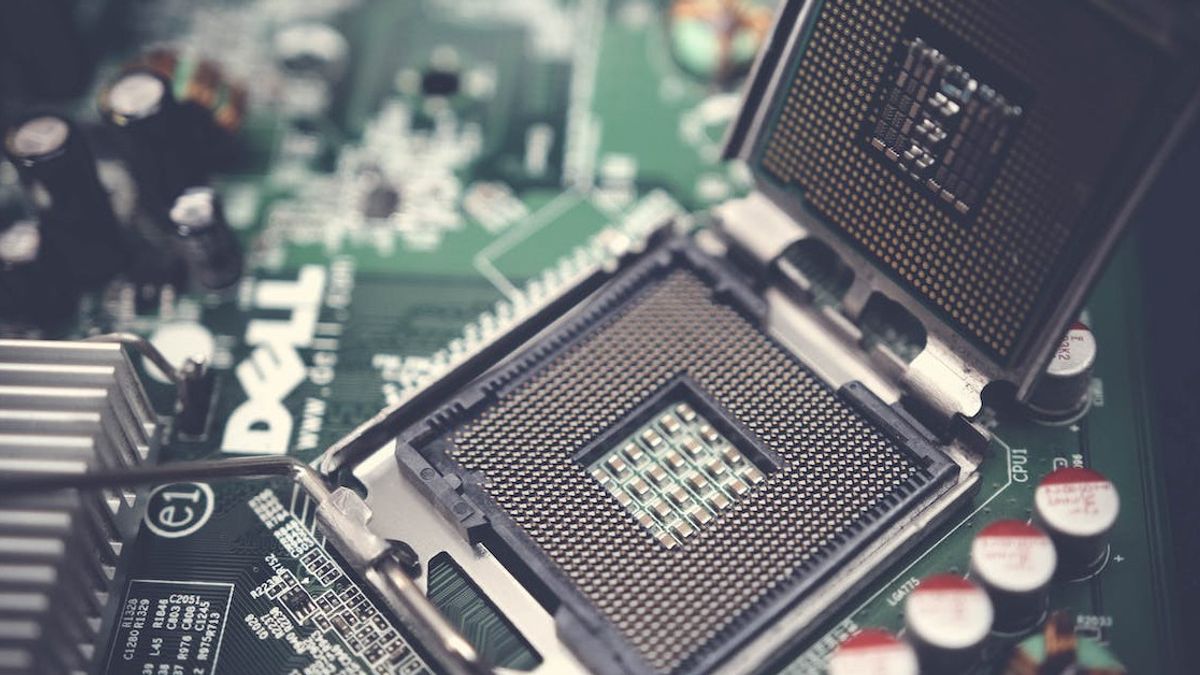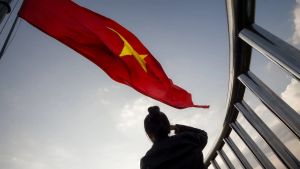China continues to encourage the development of Artificial Intelligence (AI) in its country without using the latest technology from the United States due to the sanctions imposed. According to a report from The Wall Street Journal, Chinese companies are studying how to develop AI through weaker semiconductors and chip combinations to avoid dependence on one type of hardware.
Researchers and analysts believe creating alternatives to such chips would be difficult for Chinese tech companies, but some experiments have shown "promises".
Sanctions imposed by the US on China in October 2022 have removed access from Chinese companies to the most advanced chips in the market. These include the A100 chip and its latest version, H100, which is the most popular option in AI development.
Currently, the Chinese market has access to Nvidia A800 and H800 chips, which can support only small-scale AI models.
In April, Chinese e-commerce giant Alibaba announced it would launch a ChatGPT competitor in a "near future" called Tongyi Qianwen. Alibaba plans to integrate chatbots in its apps, including messenger DingTalk's workplace.
SEE ALSO:
ChatGPT is a US-based company product, OpenAI. However, the race to create the best and most powerful AI systems is ongoing, even among American companies.
Microsoft recently released a variety of new AI-powered features for its chatbot and web browser, Edge, which is said to be rivaling ChatGPT. In addition, Google's AI division, DeepMind, is said to be restructuring to provide the latest AI breakthroughs.
Chinese authorities have announced that they will conduct mandatory reviews of all generative AI services released domestically before they can operate publicly.
The English, Chinese, Japanese, Arabic, and French versions are automatically generated by the AI. So there may still be inaccuracies in translating, please always see Indonesian as our main language. (system supported by DigitalSiber.id)


















